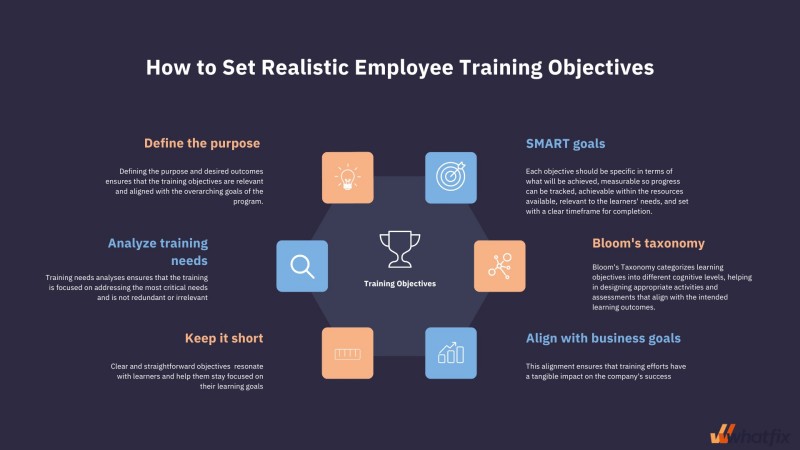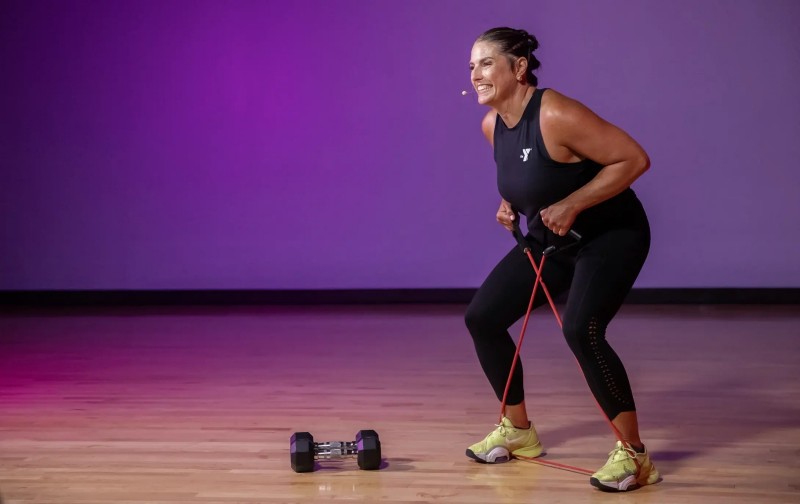Stepping into the realm of fitness, wellness, and health management can often feel overwhelming. With countless workout routines, diets, and health tracking devices, where do you begin? A simple, effective starting point lies in the “1 mile walk test”. This straightforward, accessible fitness assessment tool can provide valuable insights into your current fitness level and guide you in your wellness journey.
Originally developed by Dr.Kenneth Cooper, the 1 mile walk test is a submaximal test that estimates an individual’s cardiorespiratory fitness level. The test requires you to walk one mile as quickly as possible, and your heart rate is measured at the end of the walk. This information, along with your age and weight, is used to provide an estimate of your VO2 max, a measure of your body’s ability to use oxygen during exercise.
Why is this important for health management and wellness? A higher VO2 max is generally associated with better cardiovascular health and lower risk of chronic diseases. A 2021 study published in the Journal of Nutritional Health found that individuals with higher VO2 max levels had a lower risk of developing Type 2 diabetes and heart disease.
Performing the 1 mile walk test is quite simple. All you need is a safe, flat one-mile track and a method to measure your heart rate. Walk the mile as briskly as you can, then measure your heart rate immediately after finishing. There are various online calculators available where you can enter this data along with your age and weight to calculate your VO2 max.
But how can you use this information for your wellness journey? Firstly, knowing your current fitness level can help you set realistic fitness goals. If your VO2 max is lower than average for your age and gender, you may want to focus on improving your cardiorespiratory fitness. This could involve incorporating more aerobic exercise into your routine, such as jogging, swimming, or cycling.
Conversely, if your VO2 max is above average, you might focus on maintaining your current fitness level or working on other fitness aspects like flexibility or strength training. The 1 mile walk test can be repeated every few months to track your progress and adjust your fitness plan as necessary.
Remember, fitness is not a one-size-fits-all concept. What works for one person may not work for another. The 1 mile walk test is a tool to guide you on your fitness journey, but it should not be the sole determinant of your health or fitness plan. Always consult with a healthcare provider or fitness professional before starting any new fitness program.
Overall, the 1 mile walk test is a simple yet powerful tool that can provide valuable insights into your fitness level. By understanding where you currently stand, you can set realistic goals and create a tailored plan that suits your needs. This way, you can embark on your wellness journey with confidence and clarity.
A 2024 study from the Journal of Nutritional Health found that individuals who regularly performed the 1 mile walk test and used the results to inform their workout routines had a higher likelihood of maintaining a healthy weight and achieving their fitness goals. So why not give the 1 mile walk test a try? It could be the first step towards a healthier you.











 : eval()'d code(1) : eval()'d code(1) : eval()'d code(1) : eval()'d code</b> on line <b>2</b><br />
https://mindbodyfuell.com/wp-content/themes/baobao/default.jpg)
